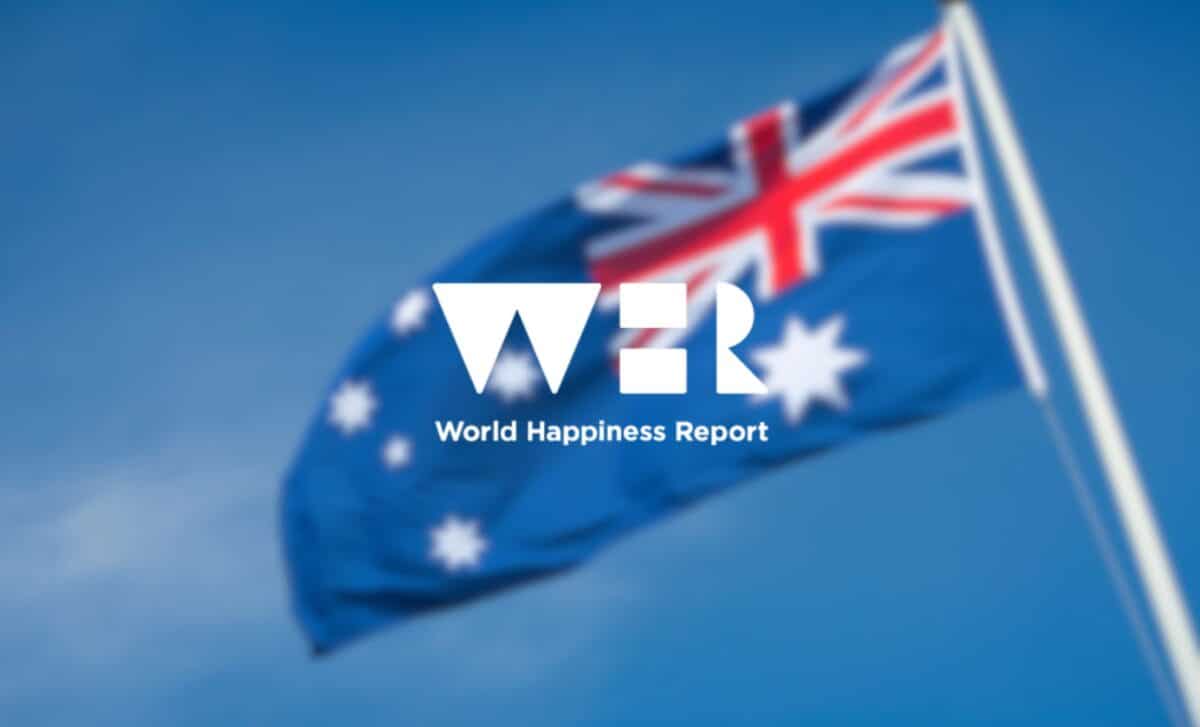Australia has dropped out of the top 10 happiest countries in the world, ranking 11th in the latest World Happiness Report. The annual study, which measures life satisfaction across 140 nations, sees Finland maintain its position as the world’s happiest country for the eighth consecutive year, while Mexico and Costa Rica have entered the top 10 for the first time.
The report, published in 2025, assesses global happiness levels based on people’s self-reported well-being. Despite Australia’s slight decline, it remains among the world’s highest-ranked nations, while the United States and the United Kingdom have recorded their lowest rankings in the report’s history. At the bottom of the scale, Afghanistan continues to be ranked as the least happy country.
How Happiness Is Measured in the Global Rankings
The World Happiness Report is based on data collected from 2022 to 2024 and is compiled by the UN Sustainable Development Solutions Network in partnership with Gallup. It relies on the Cantril Ladder, a method where respondents rate their current life on a scale from 0 to 10, with 10 representing the best possible life and 0 the worst.
According to the report, factors influencing happiness include social support, income, life expectancy, freedom to make life choices, generosity, and corruption levels. Nordic countries continue to dominate the rankings, with Finland, Denmark, and Iceland maintaining top positions.
The study also highlights the impact of household size, social interactions, and trust in others on overall well-being. However, the methodology has drawn criticism. According to Lund University researcher August Nilsson, the Cantril Ladder may disproportionately reflect income and social status, potentially overlooking other aspects of well-being.
Australia’s Decline and the Broader Shifts in Happiness Rankings
Australia’s ranking has slipped from 10th to 11th place, with New Zealand following closely at 12th. Meanwhile, Mexico and Costa Rica have entered the top 10, marking a notable shift in global happiness distribution. Despite ongoing conflict, Israel ranks 8th, while Switzerland has also dropped out of the top 10.
One of the most significant declines is observed in the United States, which has fallen to 24th place, its lowest position on record. The United Kingdom, at 23rd place, also reports its lowest average life evaluation since 2017. At the bottom of the rankings, Afghanistan remains the world’s unhappiest country, with Sierra Leone and Lebanon following closely behind.
According to researchers, key determinants of happiness include social support networks and trust in society. For instance, people in Nordic countries are more likely to believe a lost wallet will be returned, a factor strongly correlated with higher happiness levels.
In contrast, regions with lower levels of social trust and political stability tend to report lower overall life satisfaction. While Australia remains among the world’s happier nations, its slight decline in ranking reflects broader global shifts, highlighting the complex factors that shape human well-being.









